Dangers of Palm Oil
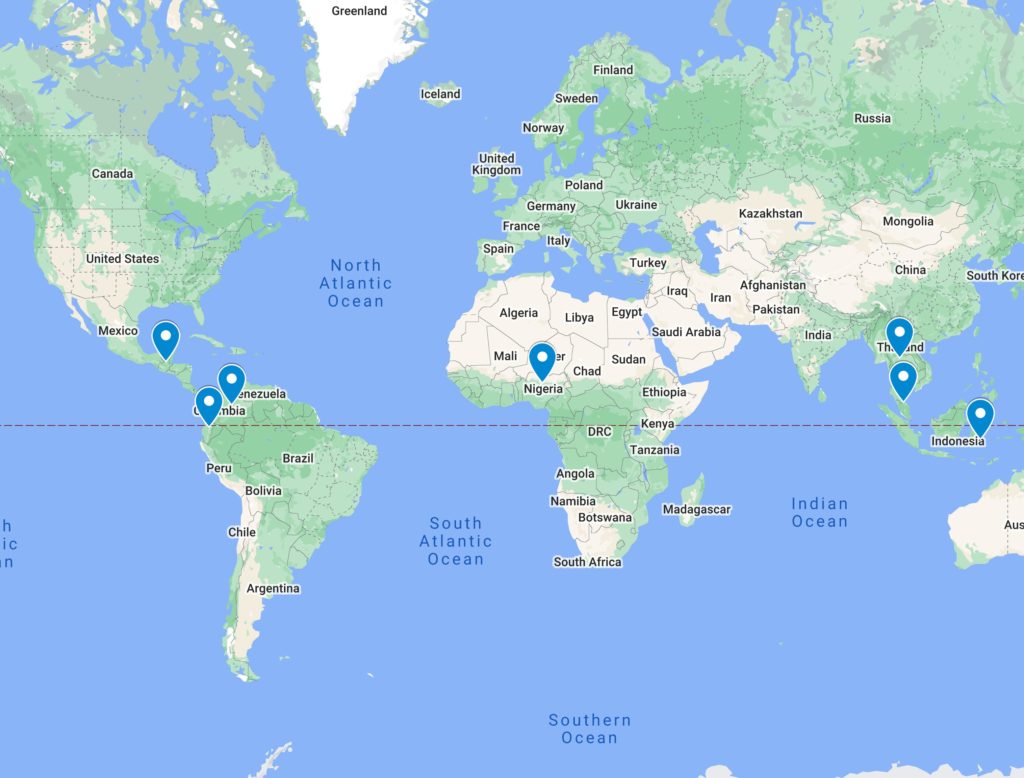
Deforestation
Palm oil is cheaper to produce than most vegetable oils. Since palm oil costs less to produce, plantations have been spreading across Latin America, Africa, and Asia. According to the World Wildlife Fund, “such expansion comes at the expense of tropical forests—which form critical habitats for many endangered species and a lifeline for some human communities.” Tropical forests are being burned at alarming rates to be converted into palm oil plantations. The burning causes large amounts of carbon dioxide and smoke to be released into the atmosphere. The conversion of tropical forests causes air, soil, and water pollution which damages the local and global environments.
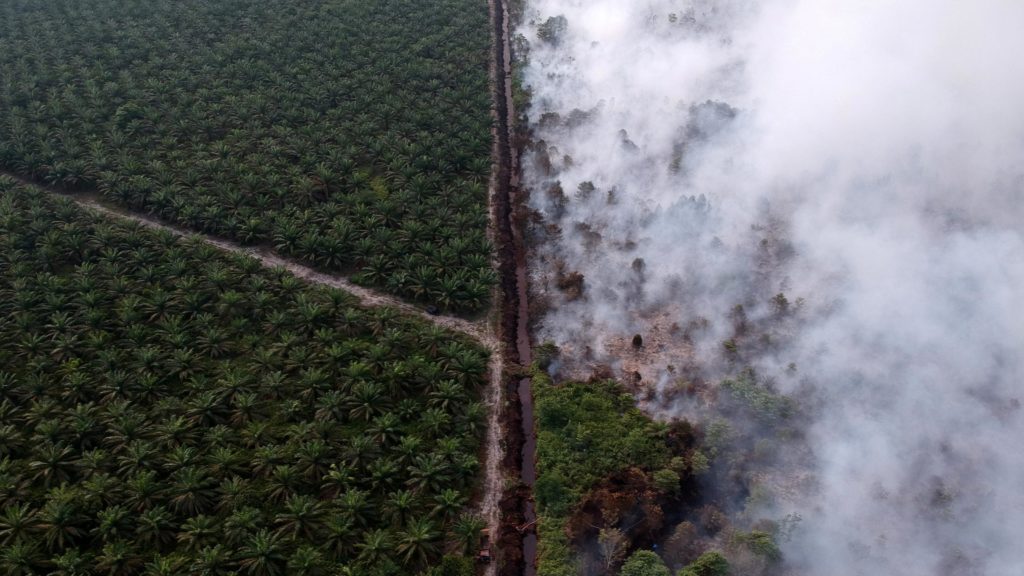
The issue of tropical forest conversion is especially bad in Indonesia. Indonesia is the number one producer and consumer of palm oil making the commodity incredibly important to the country’s economy (7). Much of Indonesia’s tropical forests have been burned down to create more palm oil plantations. This burning leaves haze over the area and has been cited as “severely impacting Indonesian and Singaporean air quality” (6). According to the Yale Center for Business and the Environment, “This land-use change plays a major role in driving global climate change, with deforestation accounting for 20% of global greenhouse gas emissions.”
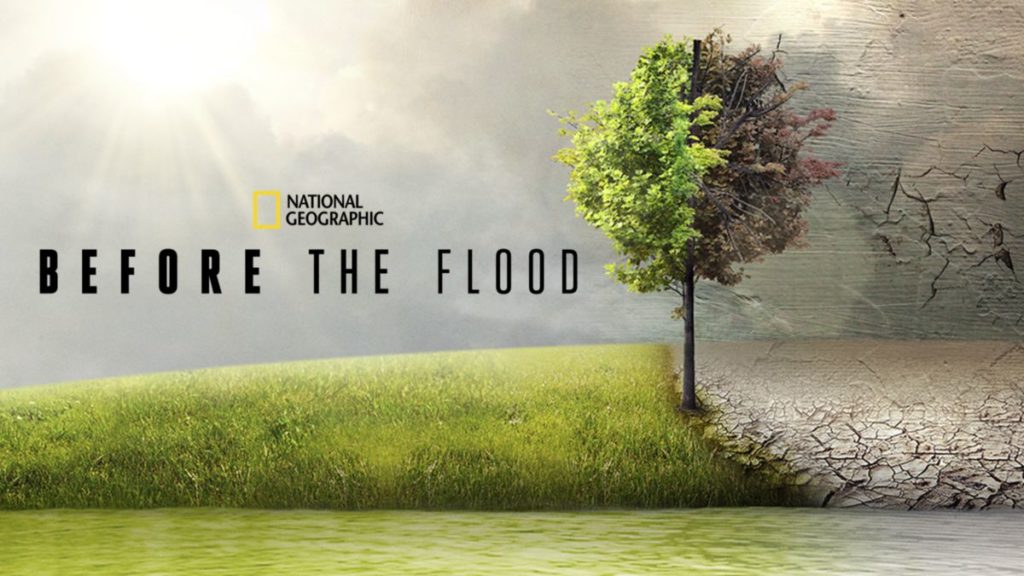
Before the Flood
A documentary was released in 2016 that followed renowned actor, Leonardo DiCaprio, around various parts of the world to see the negative effects of climate change on the planet. One of the countries he visited was Indonesia. There, he saw the deforestation firsthand. He saw the haze that the burning created and learned that the purpose behind the destruction was to make room for more palm oil plantations. Since the documentary was released, a website was made to offer information about how we can take action against climate change. To watch the documentary and learn more about the devastating effects that palm oil has on the climate, a subscription to the streaming service Disney+ is required.
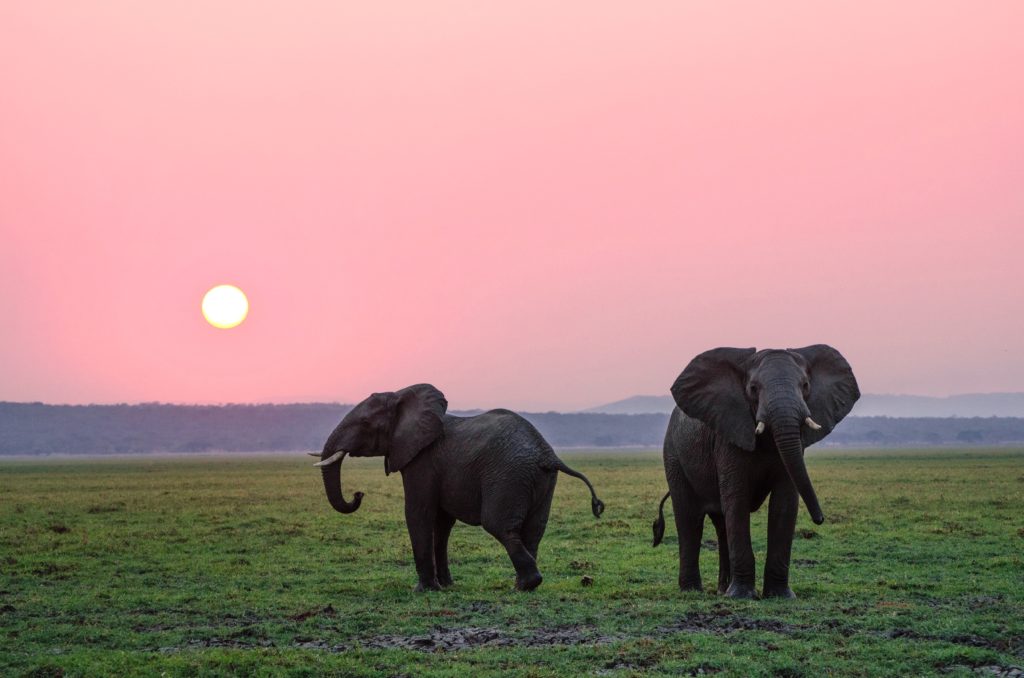
Wildlife at Risk
Besides the release of carbon emissions into the air for the sake of increasing palm oil production, wildlife is losing their homes. The burning of tropical forests destroys ecosystems and forces different species of wildlife to move closer to human settlements. Wildlife and human interactions cause conflicts as they may become violent or attack livestock. This issue is becoming more extreme as these forests are increasingly being destroyed. Many animal species such as rhinos, elephants, and tigers have lost their habitats because of deforestation for the cultivation of palm oil. According to the World Wildlife Fund, “Forty-three percent of Tesso Nilo National Park in Sumatra—which was established to provide habitat for the endangered Sumatran Tiger—has now been overrun with illegal palm oil plantings,” (2).

Palm Oil & Your Health
Palm oil has been indicated by scientists to be bad for your health because it is made of about 50% saturated fat. Consuming high levels of saturated fat increases your risk of heart disease because it raises the LDL or “bad” cholesterol and triglyceride levels in your body (1). However, according to Healthline, “A large analysis of 51 studies found that total and LDL cholesterol levels were lower in people who followed palm oil-rich diets than those who consumed diets high in trans fats or myristic and lauric acid,” (10 & 11). Based on that study, it can be concluded that consuming palm oil is better for your health than consuming trans fats. Also, palm oil is rich in vitamin E. The issue is that palm oil is an ingredient in many different foods. Therefore, we may consume high amounts of saturated fats without even realizing it. Over time, the saturated fat we consume may build up and cause serious health problems if we aren’t careful about what we eat.
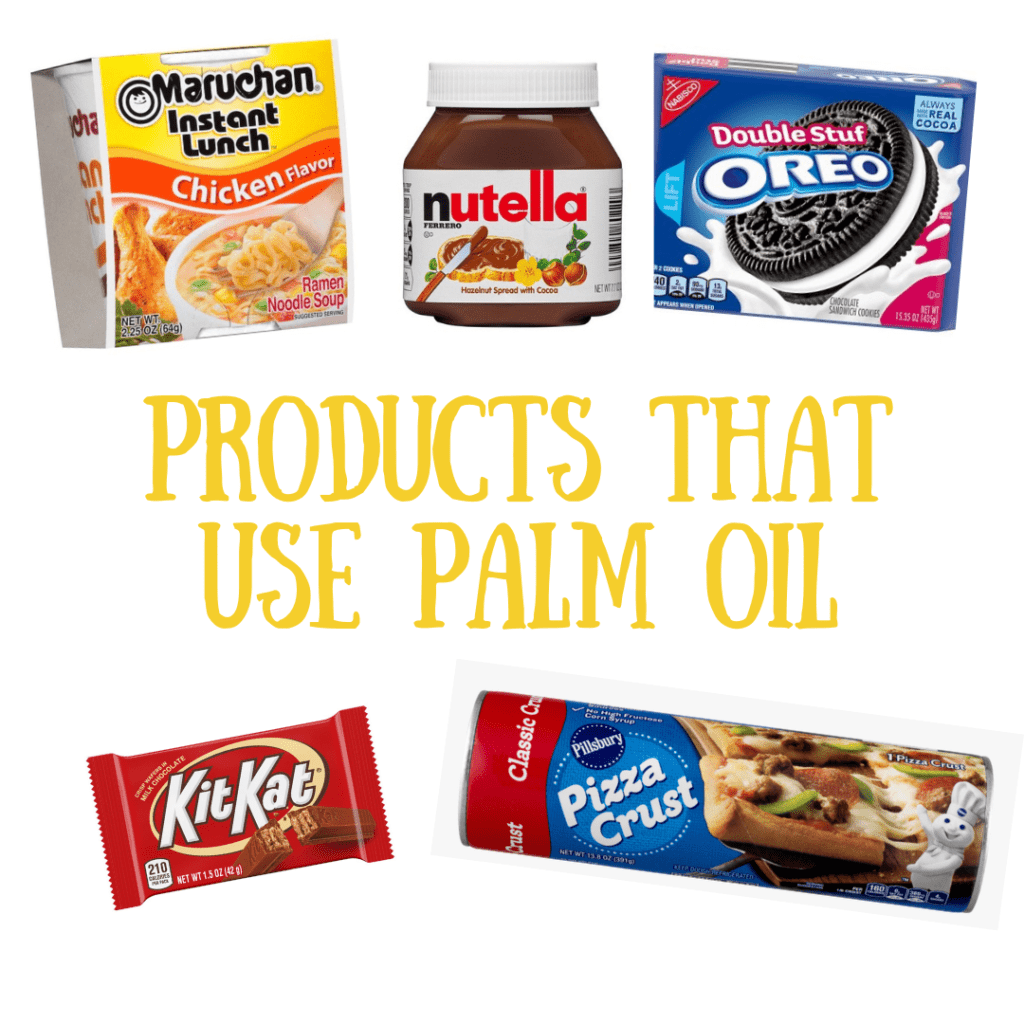
The Demand For Palm Oil
Why is the demand for palm oil so high? Not only is palm oil cheap, but it is also used in many foods and products that we consume and use daily. Corporations in the United States purchase large quantities of palm oil from overseas and fill the products they make with palm oil because it is cheaper to produce than other vegetable oils. Here is a list of popular products that contain palm oil:
- Ramen
- Shampoo
- Ice Cream
- Detergent
- Makeup
- Chocolate
- Cookies
- Soap
- Packaged Bread
Take Action
So, what can we do to help the palm oil situation? We can support organizations such as the World Wildlife Fund who are seeking sustainable ways for farmers to produce palm oil without further deforestation. Be conscientious about the products that you buy containing palm oil. Promote palm oil products that are certified sustainable. Most importantly, spread awareness by sharing this blog post with your friends and family. Together we can work together to reduce deforestation for palm oil production and help heal the planet.
Sources:
- https://www.health.harvard.edu/staying-healthy/by_the_way_doctor_is_palm_oil_good_for_you
- https://www.worldwildlife.org/industries/palm-oil
- https://www.worldwildlife.org/pages/which-everyday-products-contain-palm-oil
- https://www.worldwildlife.org/about/
- https://finance.yahoo.com/news/indias-palm-oil-imports-may-095125315.html
- https://cbey.yale.edu/research/palm-oil-in-indonesia-environmental-and-social-aspects
- https://www.greenpalm.org/about-palm-oil/where-is-palm-oil-grown-2#:~:text=Indonesia%20is%20the%20largest%20producer,via%20Colombia%2C%20Ecuador%20and%20Guatemala.
- https://www.disneyplus.com/movies/before-the-flood/3oY6tZ6FqpMf
- https://qz.com/1711172/the-global-demand-for-palm-oil-is-driving-the-fires-in-indonesia/
- https://www.healthline.com/nutrition/palm-oil#TOC_TITLE_HDR_5
- https://pubmed.ncbi.nlm.nih.gov/24717342/








